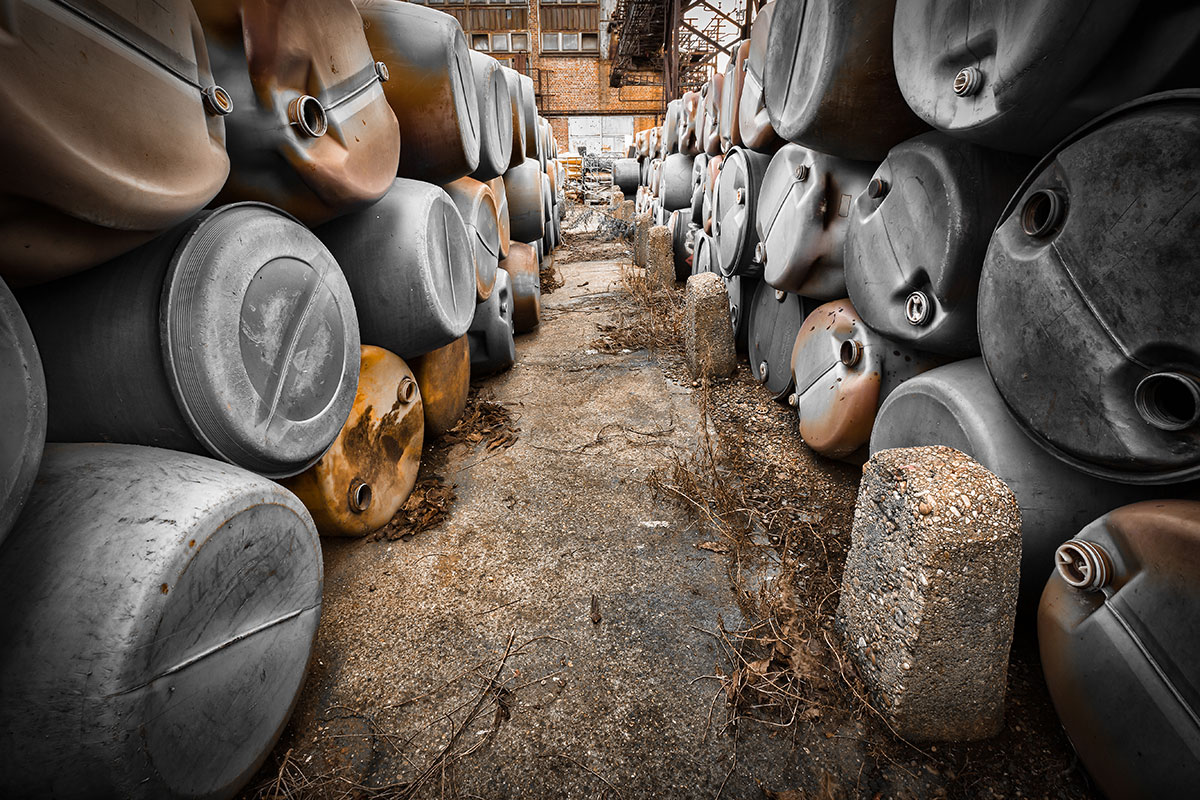Toxic Waste Disposal Service
Toxic waste is one of the four types of characteristic hazardous wastes, which are hazardous wastes that are designated as such due to the properties they have. Toxicity, along with ignitability, corrosivity, and reactivity are the four characteristics of hazardous wastes that are included in the EPA’s characteristic waste category. Any waste that falls within this category requires specialized toxic waste disposal expertise.
What Is Toxic Waste?
If a waste is “toxic,” this means that it is harmful when someone or something ingests or absorbs it. Aside from direct contact with this type of waste, the main concern with toxic substances is that they will contaminate groundwater, which may pose a more widespread threat than a single direct interaction with the toxic substance.
The Toxicity Characteristic Leaching Procedure (TCLP) determines whether or not and to what extent the waste is considered toxic. This procedure defines the mobility of the toxic substance; the more mobile it is and the greater the concentration, the greater the risk. Using the TCLP and the EPA’s hazardous waste numbers (which can be found in 40 CFR section 261.24), businesses can determine whether their waste meets the regulatory concentration level. If it does not, it is not a toxic waste requiring management compliant with RCRA laws.

Regulation of Toxic Wastes
Because this waste is hazardous waste, it is regulated under the RCRA, which is administered either at the federal or state level. Businesses should be aware that most states are authorized to implement RCRA, but they are also free to make their own more restrictive laws. If you are handling the toxic waste disposal yourself or contracting with a management company for toxic waste disposal services, managers should be aware that the laws frequently differ between states, and waste generators are responsible for their waste from cradle to grave.
Toxic Substances Control Act
Toxic waste is further regulated by the Toxic Substances Control Act (TSCA), which is intended to regulate toxic wastes with specific substances, such as “polychlorinated biphenyls (PCBs), asbestos, radon, and lead-based paint.” Under the TCSA, the EPA is granted the authority to “require reporting, record-keeping and testing requirements, and restrictions relating to chemical substances and/or mixtures.”
There are some substances that are usually excluded from TSCA, such as food, cosmetics, and pesticides. These and other substances may have their own governing body separate from those legislating hazardous waste disposal.
If your business has toxic waste and you are looking for a waste management company that specializes in toxic waste disposal services, contact Clean Management. We offer fast and free quotes, and you can rest assured that we will execute your toxic waste removal in a regulation-compliant manner.






